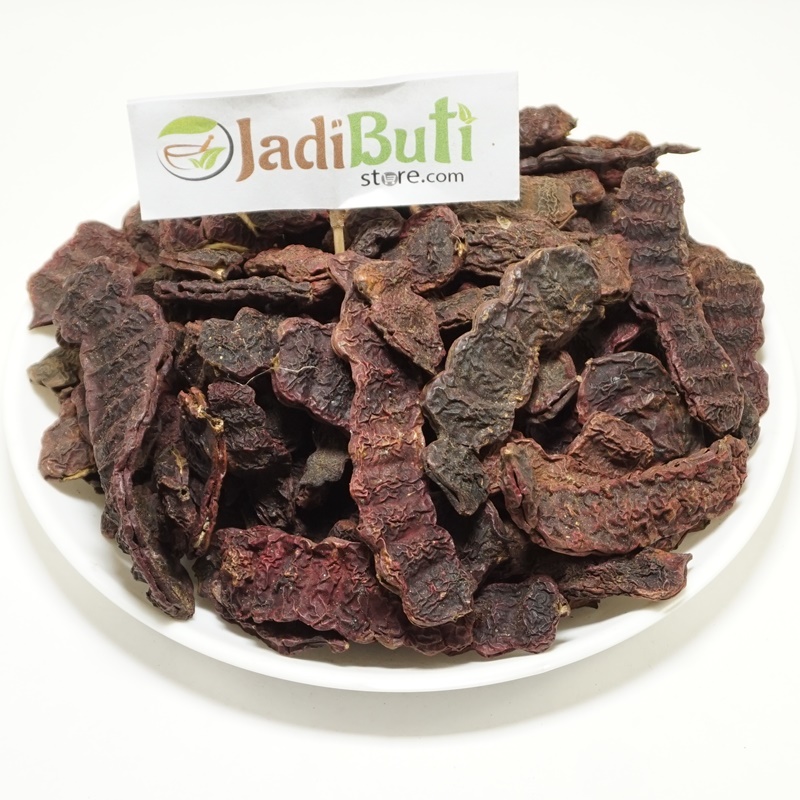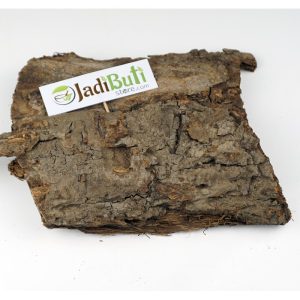Herbs
Showing 169–180 of 198 results
-

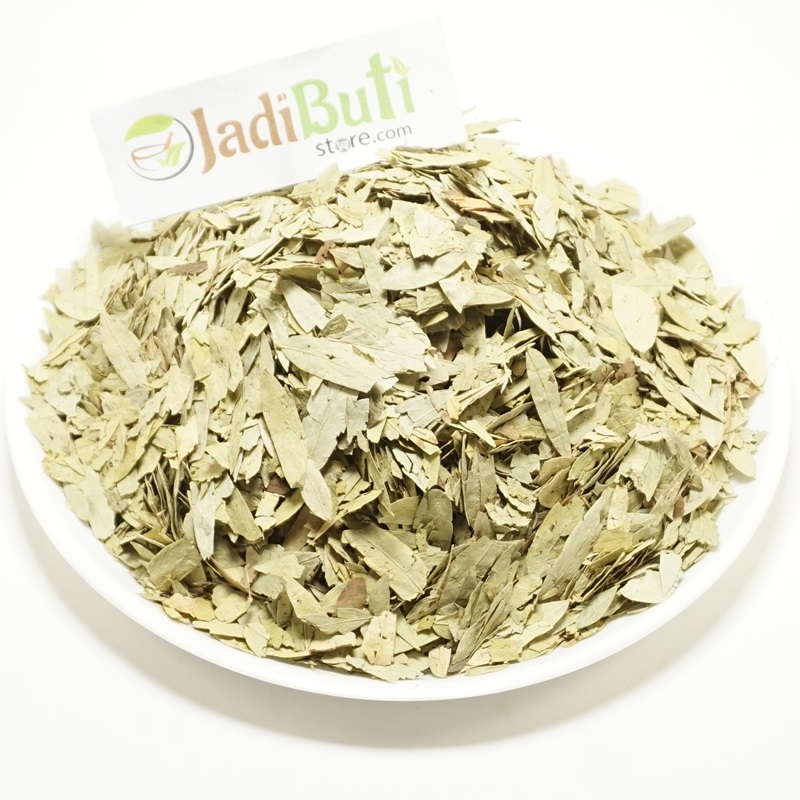
Senna leave – सेन्ना पत्ती – Cassia angustifolia
₹110.00 – ₹875.00Quick ViewSenna leave – सेन्ना पत्ती – Cassia angustifolia
Common Name: Senna Leaves
Scientific Name: Cassia angustifolia
Family: Fabaceae
Native Region and Geographical Distribution: Senna leaves are native to the regions of the Arabian Peninsula, Africa, and India. They are widely cultivated in many parts of the world including India, Pakistan, Egypt, Sudan, Somalia, and Ethiopia.
Active Compounds: The primary active compounds in Senna leaves are anthraquinone glycosides such as sennosides A and B.
Ayurvedic Properties: Senna leaves are known to have a strong laxative effect and are used in Ayurvedic medicine to treat constipation, cleanse the bowel before diagnostic procedures, and to treat conditions such as hemorrhoids and anal fissures.
Other Benefits: Senna leaves may also have potential as an anti-inflammatory and antimicrobial agent. However, further research is needed to explore these properties.
Precautions and Side Effects: Senna leaves should not be used for prolonged periods of time or in excessive amounts, as this may lead to dependency, electrolyte imbalances, and other complications. Long-term use may also lead to a condition known as melanosis coli, which is characterized by the discoloration of the colon. Senna leaves are also not recommended for use during pregnancy or breastfeeding, as they may cause uterine contractions or pass through breast milk.
Disclaimer: This information is not intended to be a substitute for professional medical advice, diagnosis, or treatment. Always seek the advice of your physician or other qualified healthcare provider with any questions you may have regarding a medical condition.
-

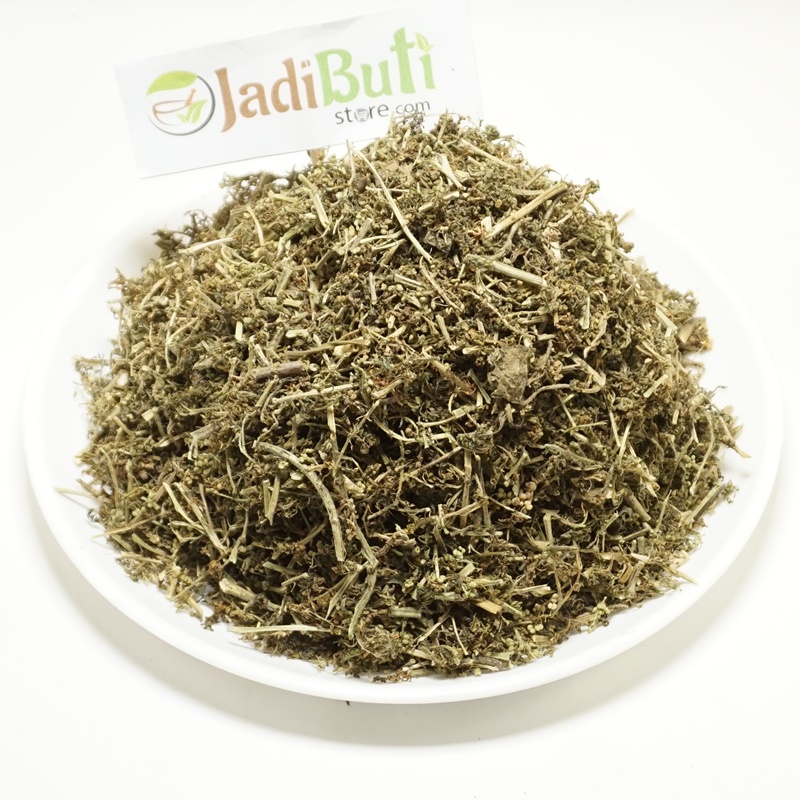
Shahtara – शाहतारा – Common Fumitory – Fumaria officinalis
₹320.00 – ₹2,595.00Quick ViewCommon Fumitory, Shahtra | Botanical Name: Fumaria officinalis
Family: Papaveraceae | Parts Used: Aerial parts
Ayurvedic Properties:
- Rasa (Taste): Bitter, Astringent
- Guna (Quality): Light, Dry
- Virya (Potency): Cooling
- Vipaka (Post-Digestive Effect): Pungent
- Doshas: Pacifies Pitta and Kapha doshas, may increase Vata in excess
Ayurvedic Uses:
- Supports liver health
- Improves skin health
- Improves digestion
- Relieves respiratory issues
- Purifies blood
- Boosts immunity
- Improves eye health
- Supports urinary health
- Relieves joint pain and inflammation
- Calms the mind
-
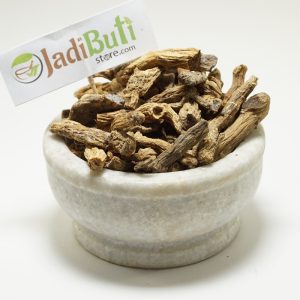
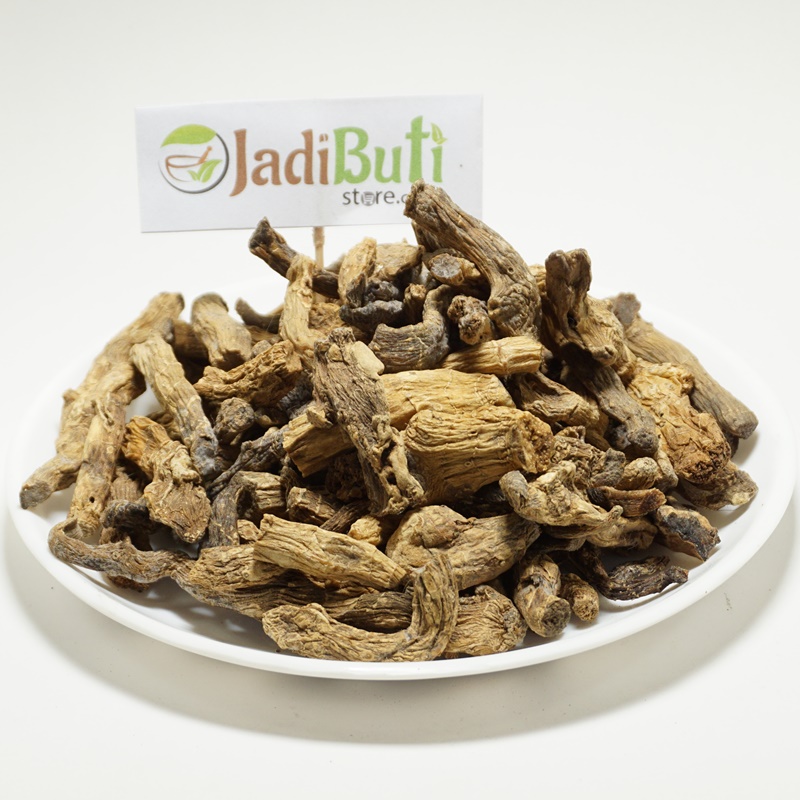
Shakakul mishri – शकाकुल मिश्री – Wild Parsnip – Pastinaca sativa
₹220.00 – ₹1,685.00Quick ViewCommon Name: Wild Parsnip
Scientific Name: Pastinaca sativa
Family: Apiaceae
Description: Wild Parsnip is a biennial or perennial plant that is native to Europe and Asia but has also been naturalized in North America. It can grow up to 5 feet tall and has a yellow-green stem with deeply divided leaves. The plant produces umbrella-shaped clusters of small yellow flowers in the summer. Its fruit is a small oval-shaped seed that is usually brown in color.
Uses: Wild Parsnip has some culinary uses and is often used as a medicinal herb. The root and leaves of the plant can be used in soups, stews, and other dishes. In traditional medicine, Wild Parsnip has been used to treat a variety of ailments, including indigestion, coughs, and rheumatism.
Toxicity: Wild Parsnip can be toxic due to the presence of chemicals called furocoumarins in its sap, which can cause skin irritation and sensitivity to sunlight. Contact with the sap can result in severe skin burns and blisters, similar to a severe sunburn. Therefore, it is important to wear protective clothing and gloves when handling or removing Wild Parsnip plants.
Distribution: Wild Parsnip is found throughout Europe, Asia, and North America. It is often found in fields, meadows, and along roadsides.
Conservation Status: Not listed as endangered or threatened.
-

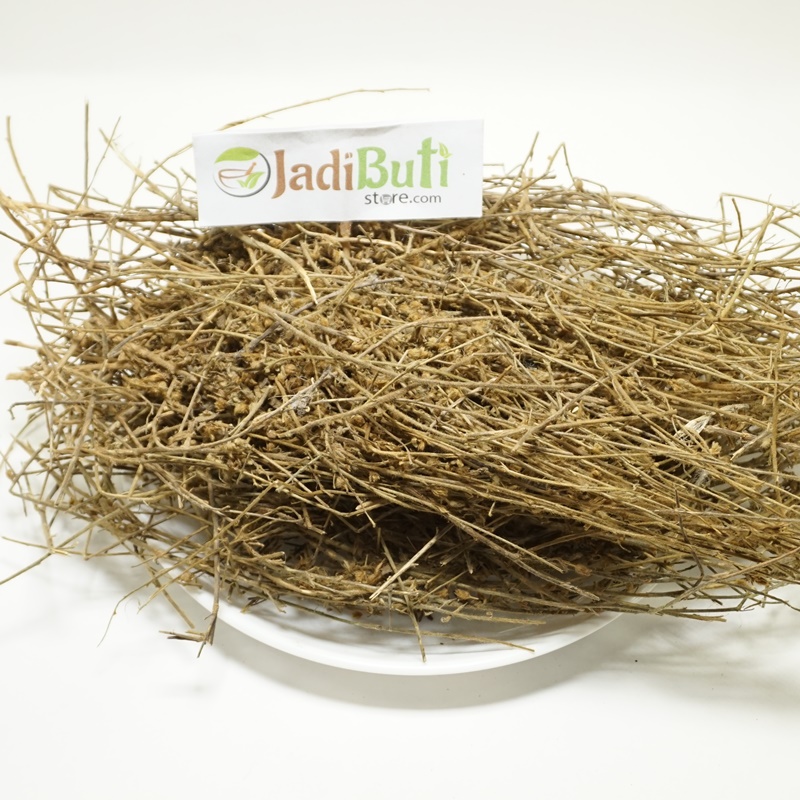
Shankhpushpi – शंखपुष्पी – Morning Glory – Convolvulus pluricaulis
₹90.00 – ₹690.00Quick ViewShankhpushpi – शंखपुष्पी – Morning Glory – Convolvulus pluricaulis
Common Name: Shankhpushpi
Scientific Name: Convolvulus pluricaulis
Plant Family: Convolvulaceae
Native Region: India
Traditional Uses: Shankhpushpi has been used in traditional Ayurvedic medicine to promote mental health, enhance memory, and improve overall cognitive function. It has also been used to alleviate anxiety, depression, stress, and improve sleep.
Active Compounds: Shankhpushpi contains several active compounds, including flavonoids, alkaloids, and glycosides, which are believed to be responsible for its medicinal properties.
Forms: Shankhpushpi is available in various forms such as powders, capsules, tablets, and liquid extracts.
Health Benefits: Shankhpushpi is believed to have several health benefits, including mental health, memory and cognitive function, sleep, anti-inflammatory properties, anti-diabetic properties, anti-convulsant properties, and wound-healing properties.
Precautions: Shankhpushpi is generally considered safe when consumed in appropriate amounts. However, it may cause side effects such as headache, dizziness, or upset stomach in some individuals. It’s important to talk to a healthcare professional before using Shankhpushpi, especially if you have any underlying health conditions or are taking medications.
-


Shatawar – शतावर – Wild Asparagus – Asparagus racemosus
₹160.00 – ₹1,200.00Quick ViewShatawar – Wild Asparagus
Scientific name : Asparagus racemosus | Product : Dried Shatawari
Ayurvedic Classification Description Rasa (taste) Sweet and bitter Guna (qualities) Heavy, unctuous, and cold Virya (potency) Cooling Vipaka (post-digestive effect) Sweet Dosha effect Pacifies Pitta and Vata doshas Karma (actions) Rejuvenative, nutritive, aphrodisiac, galactagogue, anti-inflammatory, and anti-ulcer Dhatu (tissue) affinity Works primarily on the reproductive, digestive, and respiratory tissues Srotas (channel) affinity Works primarily on the reproductive, digestive, and respiratory channels Prabhava (special effect) Enhances fertility and supports female reproductive health .
Active Compound Benefits Saponins (Shatavarin, Asparosides) Anti-inflammatory, immune-boosting, and adaptogenic properties Flavonoids (Rutin, Quercetin) Antioxidant, anti-inflammatory, and immune-boosting properties Asparagamine A Anticancer and antimicrobial properties Tannins Anti-inflammatory and antioxidant properties Alkaloids Anti-inflammatory and antimicrobial properties Shatavaroside A Antioxidant and neuroprotective properties Ascorbic acid (Vitamin C) Antioxidant, immune-boosting, and anti-inflammatory properties Beta-carotene Antioxidant and immune-boosting properties Zinc Immune-boosting and anti-inflammatory properties -
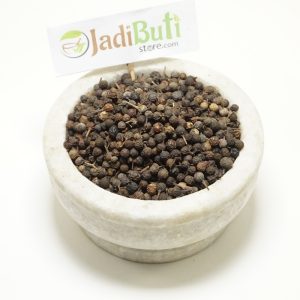
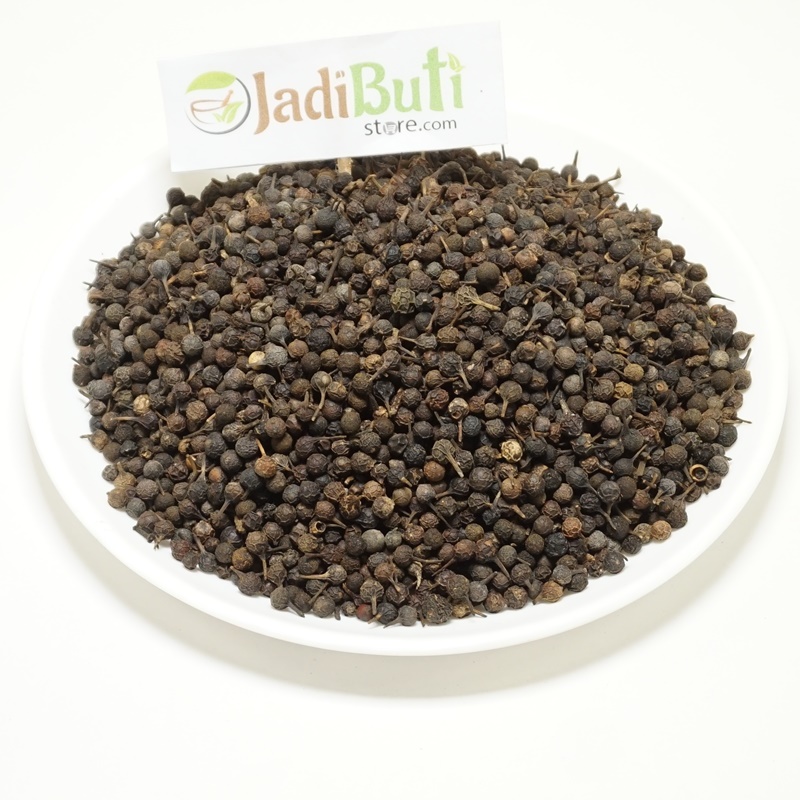
Sheetal chini – शीतल चीनी – Cubebs – Piper cubeba
₹480.00 – ₹3,975.00Quick ViewCommon Name: Cubeb Pepper, Tailed Pepper
Scientific Name: Piper cubeba
Plant Family: Piperaceae
Native Region: Java and other Indonesian islands
Traditional Uses: Piper cubeba has been used in traditional medicine to treat respiratory conditions, digestive disorders, urinary tract infections, oral health problems, and sexual dysfunction.
Active Compounds: Piper cubeba contains compounds such as cubebine, cubebol, and cubebin, which have anti-inflammatory, antimicrobial, and diuretic properties.
Forms: Piper cubeba is available in the form of dried fruit, powdered fruit, and essential oil.
Health Benefits: Piper cubeba is believed to have several health benefits, including respiratory health, digestive health, anti-inflammatory and antimicrobial properties, urinary tract health, oral health, and sexual health.
Precautions: Piper cubeba may cause gastrointestinal discomfort or allergic reactions in some individuals. It may also interact with certain medications, so it’s important to consult with a healthcare professional before use.
-

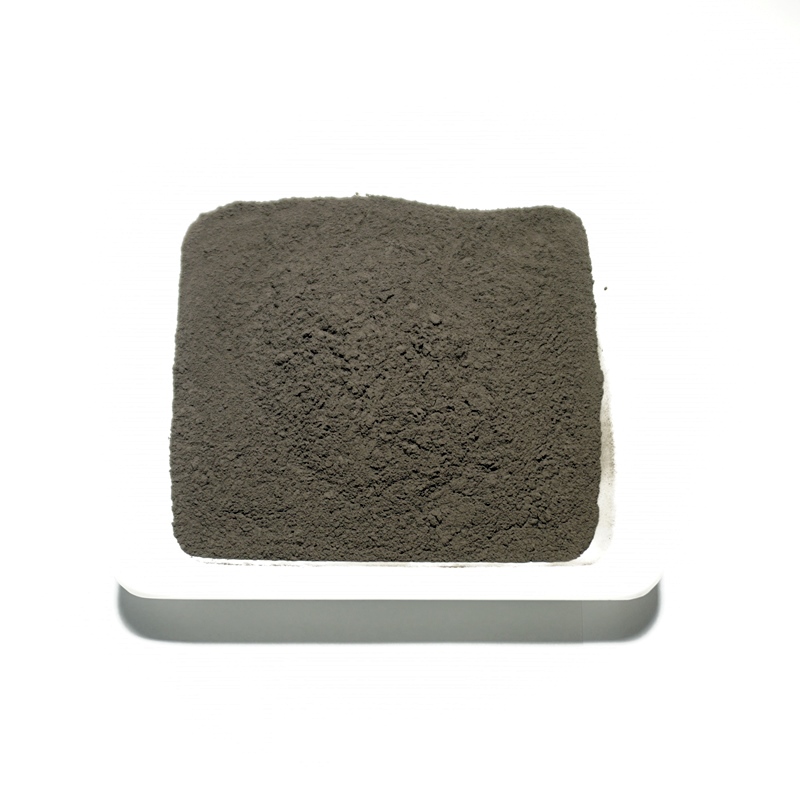
Shilajit Powder Pure – शुद्ध शिलाजीत पाउडर – Pure Asphaltum Powder
₹1,400.00 – ₹18,200.00Quick View(Organic) Shilajit Powder Pure – शुद्ध शिलाजीत पाउडर – Pure Asphaltum Powder.
- Nutrient-rich: Shilajit powder is rich in a variety of nutrients, including minerals, vitamins, and antioxidants. These nutrients help to support overall health and wellbeing.
- Antioxidant: Shilajit powder is a rich source of antioxidants, which help to protect against oxidative damage and promote healthy aging.
- Anti-inflammatory: Shilajit powder has anti-inflammatory properties, which can help relieve pain and reduce swelling.
- Energy booster: Shilajit powder is believed to have energy-boosting properties, making it a popular choice for those looking to improve their physical and mental performance.
- Supports immune system: Shilajit powder is also believed to support the immune system, helping to strengthen the body’s ability to fight off infections and diseases.
- Versatile: Shilajit powder can be easily added to various foods and drinks, making it a versatile and convenient supplement to include in your diet.
- Traditional use: Shilajit powder has been used for centuries in traditional Indian medicine, particularly in Ayurveda, for its potential health benefits.
- Natural product: Shilajit powder is a natural product, derived from the decomposition of plants that have been compressed between layers of rock for thousands of years.
By understanding these key features of shilajit powder, you can better appreciate its potential health benefits and determine whether it is a good fit for your health and wellness needs.
-
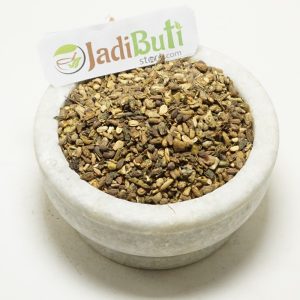
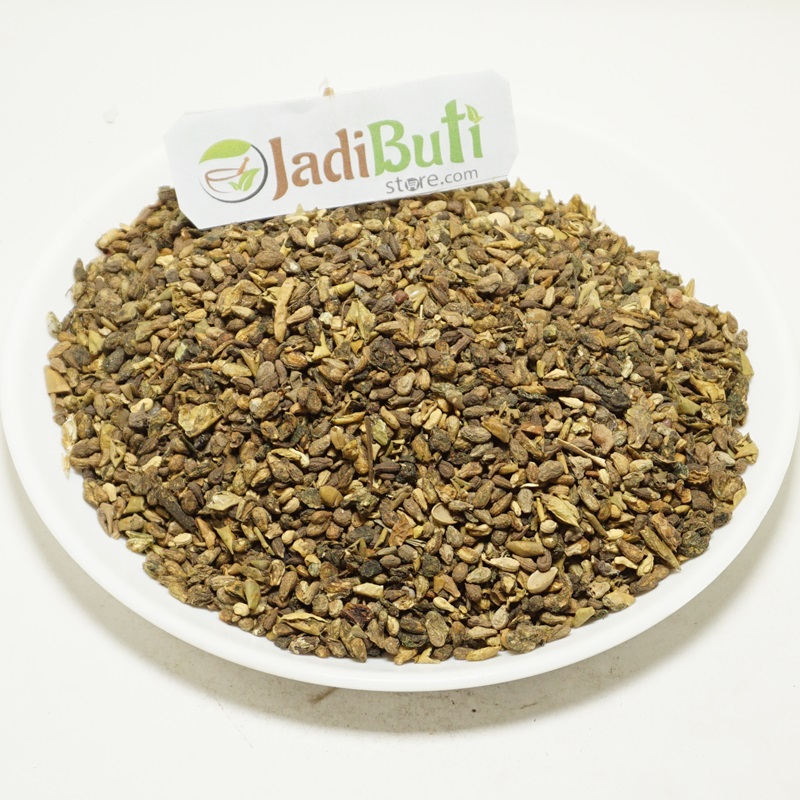
Shivlingi Beej – शिवलिंगी बीज – lollipop climber – Bryonopsis laciniosa
₹380.00 – ₹2,910.00Quick View- Supports female Fertility
- Balances hormones
- Supports digestion
- Reduces inflammation
- Boosts immunity
- Promotes healthy blood sugar levels
- Supports kidney function
These core benefits make Shivlingi Beej a valuable herb in Ayurveda for supporting overall health and wellbeing.
-
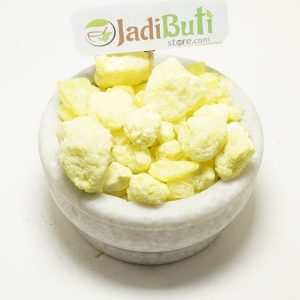
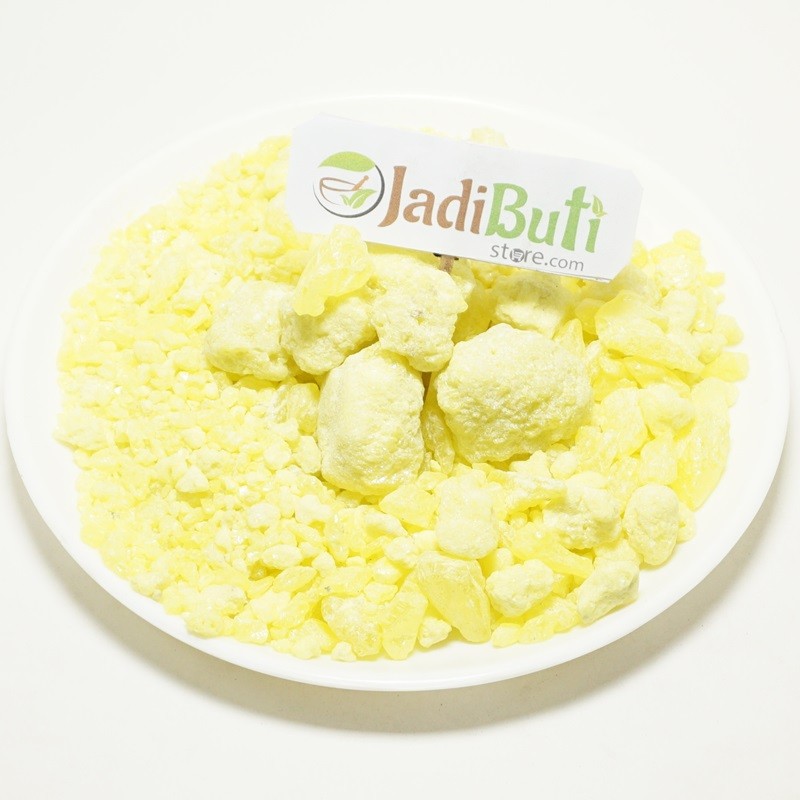
Shudh Gandhak – शुद्ध गंधक – Sulphar powder
₹90.00 – ₹690.00Quick ViewShudh Gandhak – शुद्ध गंधक – Sulphar powder – Gandhak Amlasar
Sulfur powder is a naturally occurring mineral that is often used for various purposes, including as a component in skincare products. The common vernacular names for sulfur powder in different languages include:
Shudh Gandhak English name – Sulphar Powder
Shudh Gandhak Hindi name – Shudh Gandhak
-


Shudh Shilajit – शुद्ध शिलाजीत – Pure Asphaltum
₹700.00 – ₹2,500.00Quick ViewShudh Shilajit – शुद्ध शिलाजीत – Pure Asphaltum
- Nutrient-rich: Shilajit is rich in a variety of nutrients, including minerals, vitamins, and antioxidants. These nutrients help to support overall health and wellbeing.
- Antioxidant: Shilajit is a rich source of antioxidants, which help to protect against oxidative damage and promote healthy aging.
- Anti-inflammatory: Can help relieve pain and reduce swelling.
- Energy booster: Shilajit is a popular choice for those looking to improve their physical and mental performance.
- Supports immune system: Shilajit is believed to support the immune system, helping to strengthen the body’s ability to fight off infections and diseases.
- Versatile: Shilajit can be easily added to various foods and drinks, making it a versatile and convenient supplement to include in your diet.
- Traditional use: Shilajit used for centuries in traditional Indian medicine, particularly in Ayurveda, for its potential health benefits.
- Natural product: Shilajit is a natural product, derived from the decomposition of plants that have been compressed between layers of rock for thousands of years.
By understanding these key features of shilajit powder, you can better appreciate its potential health benefits and determine whether it is a good fit for your health and wellness needs.


